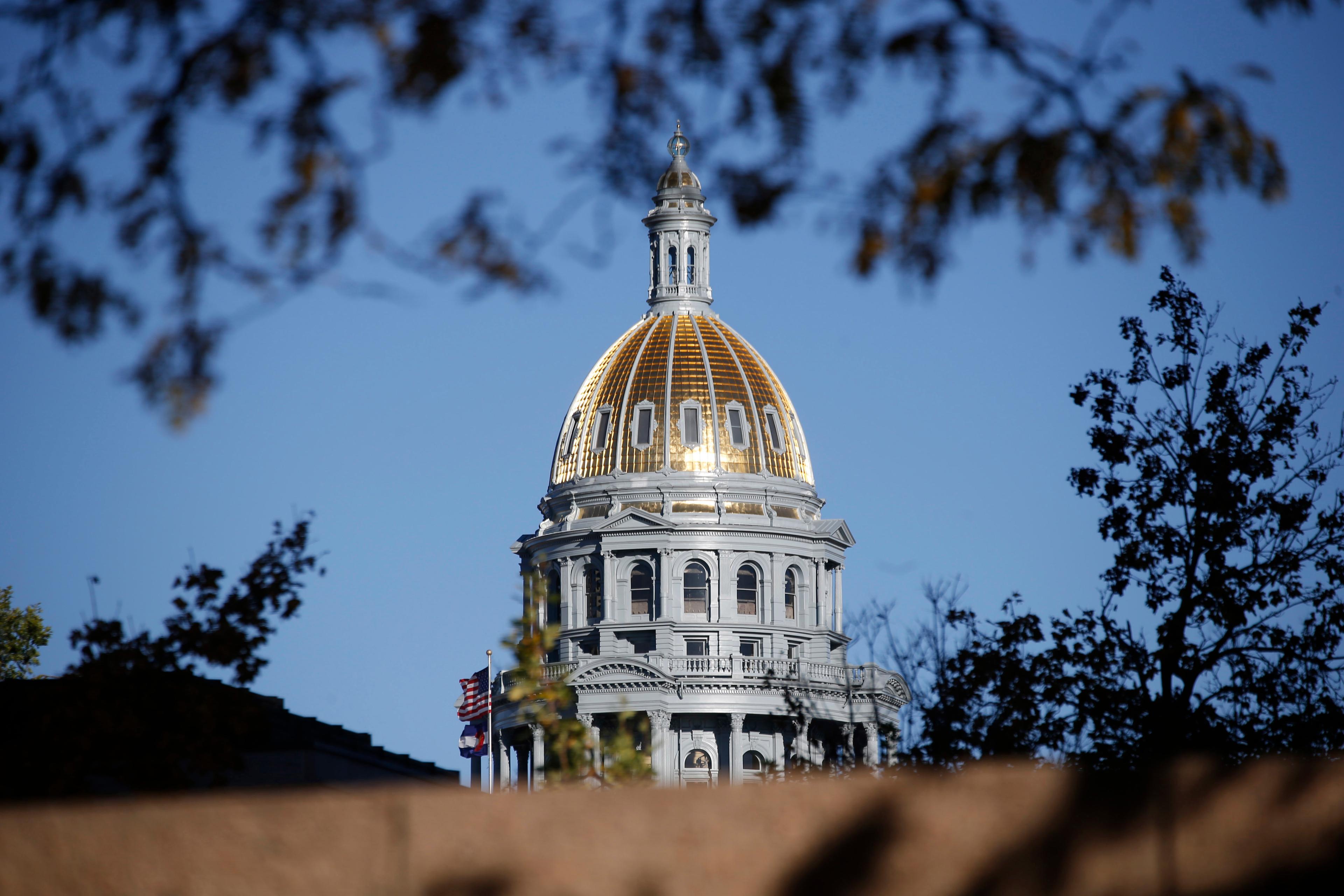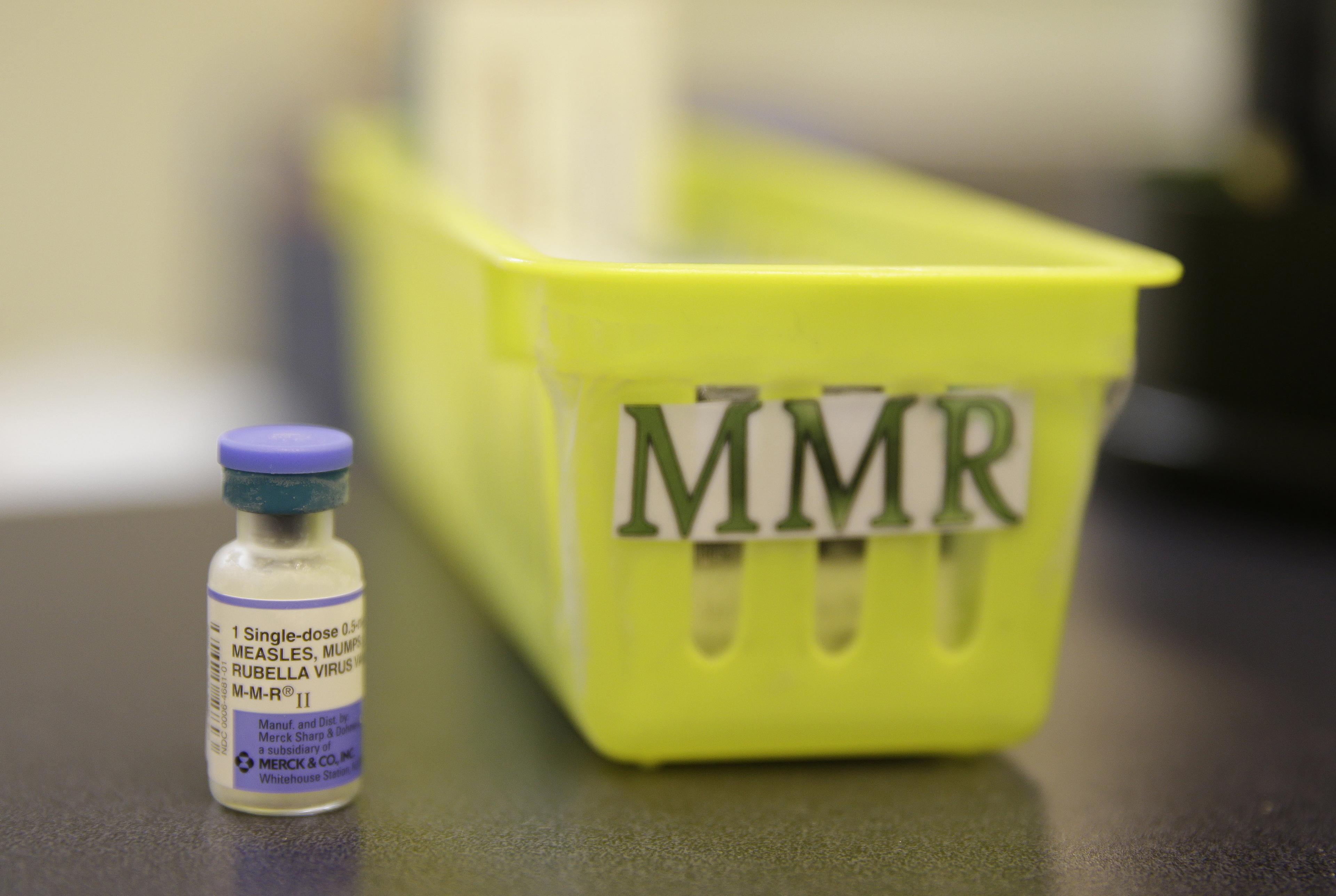

Colorado hospitals will have to report annual spending under a transparency law signed Thursday by Gov. Jared Polis.
The bipartisan effort is part of Polis' goal to reduce health care costs and raise both price transparency and hospital efficiency in a state where rural residents often pay some of the nation's highest insurance rates.
It's also part of an ambitious health care agenda for the first-term Democratic governor that includes creating a state reinsurance program to help private insurers lower premiums; studying a public health insurance option; and exploring the feasibility of importing cheaper prescription drugs from Canada.
Supporters described the law as one of the more ambitious hospital and health care cost transparency efforts adopted in recent years by states including Arizona, California, Florida, Indiana and Washington.
"We can't work on reducing costs if we don't see how these costs are determined in the first place, or what they are," Polis said at a Capitol signing ceremony. "Otherwise, we're just shooting in the dark with efforts to reduce costs (that are) unfair to both hospitals and to consumers."
Beginning in 2020, the law directs the Department of Health Care Policy and Financing to issue an annual report on uncompensated costs and expenditures using data submitted by hospitals. That data includes payrolls, inpatient, outpatient and emergency visits and capital expenditures.
The initiative's sponsors, Sen. Dominick Moreno and Rep. Chris Kennedy, both Democrats, and Republican Sen. Bob Rankin, hope the detailed information will show why those insured by private carriers are paying more at a time when public funds to help cover uncompensated hospital care have grown.
John Bartholomew, finance office director for the Department of Health Care Policy and Financing, said during a recent hearing on the bill that more information is needed on hospital budget and pricing decisions.
Medicaid spending consumed $2.7 billion of the state general fund in fiscal year 2017-18, Bartholomew testified. And he said Colorado hospital costs, 3 percent above the national average in 2009, were 14 percent above that average in 2017.
"We need better accountability for our tax dollars," Bartholomew said.
Hospitals have argued that they're forced to charge private insurers more to make up for shortfalls in treating a growing number of Medicaid and Medicare patients. Roughly 1.3 million Colorado residents are on Medicaid, according to the nonprofit Colorado Health Institute.
Katherine Mulready, senior vice president and chief strategy officer for the Colorado Hospital Association, testified in January that member hospitals were losing 30 cents on the dollar in Medicare and Medicaid cases.
The state administers a fund in which fees paid by hospitals are matched with federal dollars to support hospitals' uncompensated care, especially in rural areas. That total was $867 million in fiscal year 2017-18, according to the health care policy and financing department.









